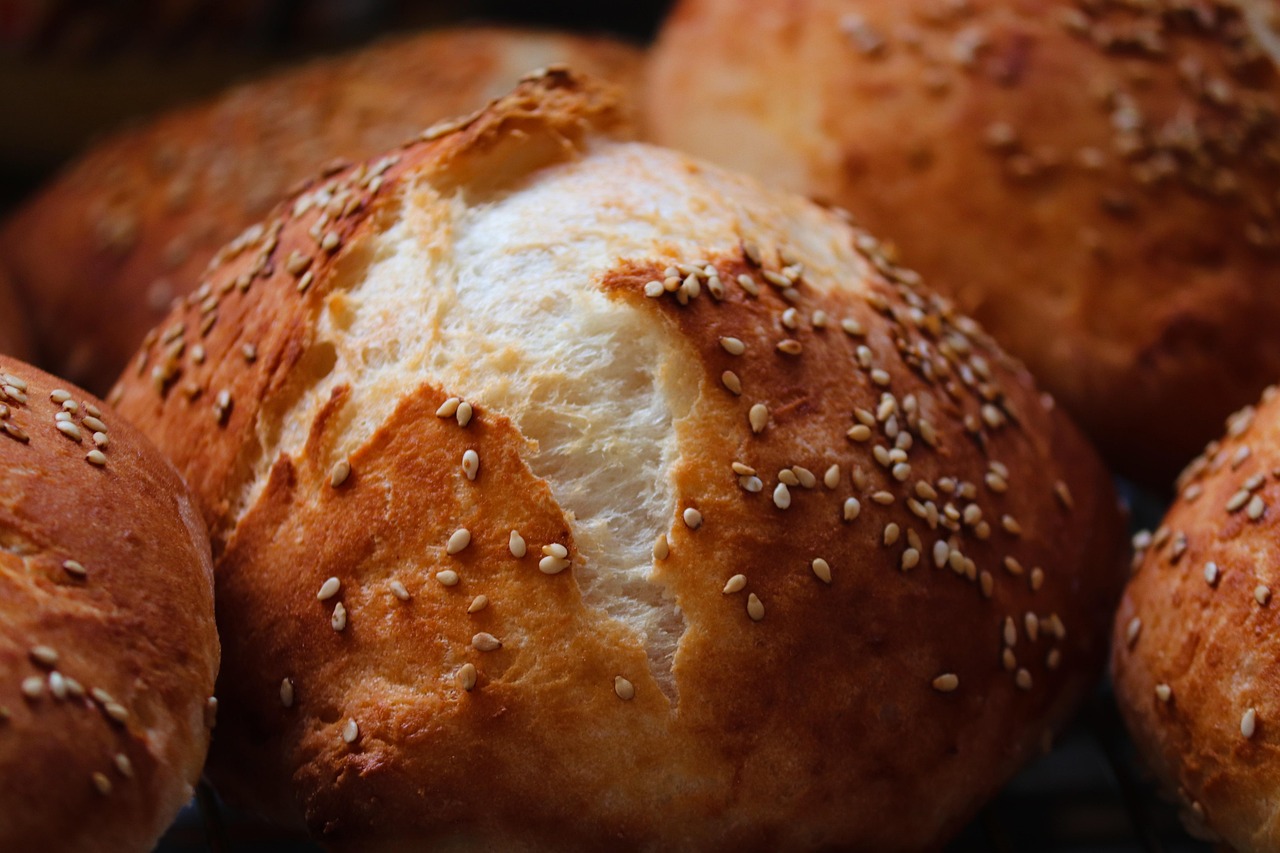“`html
Understanding the Gluten-Free Diet
The gluten-free diet has garnered substantial attention over the years, primarily due to the increasing prevalence of gluten-related disorders such as celiac disease and non-celiac gluten sensitivity. However, this diet also attracts individuals without any medical necessity, driven by a desire for healthier eating. This comprehensive guide will delve into the intricacies of a gluten-free diet, exploring its benefits, food categories, potential pitfalls, and practical tips for successful adherence.
What is Gluten?
Gluten is a natural protein found in certain grains, including wheat, barley, and rye. It serves as a binding agent, giving bread, pasta, and many processed foods their characteristic chewy texture. For most people, gluten is harmless. However, for those with specific sensitivities or allergies, consuming gluten can lead to various health issues.
Gluten-Related Disorders
There are several medical conditions associated with gluten, including:
- Celiac Disease: An autoimmune disorder where ingesting gluten leads to damage in the small intestine.
- Non-Celiac Gluten Sensitivity: Symptoms similar to celiac disease, but without intestinal damage.
- Wheat Allergy: An allergic reaction to proteins found in wheat, including gluten.
Benefits of a Gluten-Free Diet
Adopting a gluten-free diet can offer various health benefits, particularly for those with gluten disorders. Here are some key advantages:
- Improved Digestive Health: Many individuals report reduced bloating, gas, and diarrhea.
- Increased Energy Levels: Once the body adjusts, many people experience more sustained energy throughout the day.
- Enhanced Nutrient Absorption: Healing the intestinal lining can improve nutrient absorption in those with celiac disease.
- Elimination of Inflammatory Foods: A gluten-free diet often leads to a more wholesome food selection, reducing processed foods high in sugar, additives, and unhealthy fats.
Statistical Insights
According to recent studies, approximately 1 in 100 people worldwide suffer from celiac disease. Moreover, a significant percentage of the population reports gluten sensitivity, with estimates suggesting up to 6% of adults in the U.S. avoid gluten. Such figures emphasize the importance of understanding gluten’s impact on health.
What Foods are Gluten-Free?
Understanding which foods are naturally gluten-free is essential for anyone considering this diet. Here’s a breakdown of gluten-free food categories:
Whole Foods
- Fruits and Vegetables: All fresh fruits and vegetables are gluten-free.
- Meats and Fish: Unprocessed meats and fish are safe when prepared without gluten-containing marinades.
- Dairy Products: Most dairy products, like milk, cheese, and yogurt, are gluten-free.
Gluten-Free Grains
- Rice: A staple for many gluten-free diets.
- Quinoa: A nutritious grain packed with protein.
- Gluten-Free Oats: Ensure they are certified gluten-free to avoid cross-contamination.
Processed Foods
When selecting processed foods, it’s vital to look for specific labels:
- Read Labels: Always check for “gluten-free” labels on packaged foods.
- Avoid Gluten-Containing Ingredients: Stay away from foods with wheat, barley, or rye.
Common Pitfalls of a Gluten-Free Diet
While a gluten-free diet can be beneficial, there are potential pitfalls to be aware of:
Nutritional Deficiencies
- Lack of Fiber: Many gluten-free products are lower in fiber. Incorporate sources like fruits and vegetables.
- Missing Essential Nutrients: Whole grains are often fortified. Consider supplementation if necessary.
Finding Gluten-Free Alternatives
- Explore stores dedicated to gluten-free products for a variety of options.
- Experiment with gluten-free flours such as almond, coconut, and chickpea flour in your cooking.
- Utilize online resources for gluten-free recipes that allow you to enjoy your favorite dishes.
Tips for Success on a Gluten-Free Diet
To effectively follow a gluten-free diet, here are some helpful tips:
Meal Planning
- Create a Weekly Menu: Plan meals in advance to avoid accidental gluten consumption.
- Batch Cook: Prepare meals in bulk for easy access throughout the week.
Stay Informed
- Educate Yourself: Familiarize yourself with hidden sources of gluten and how to spot them.
- Join Support Groups: Engage with communities focused on gluten-free living for shared experiences and information.
Conclusion
A gluten-free diet can significantly improve the quality of life for those with gluten sensitivities or celiac disease while offering added health benefits for others. By understanding gluten, identifying safe food choices, avoiding common pitfalls, and engaging in proactive planning, individuals can successfully navigate their gluten-free journey. Remember, prior to making dietary changes, particularly a gluten-free diet, consulting with a healthcare professional or nutritionist is always recommended to ensure you meet your nutritional needs.
“`



